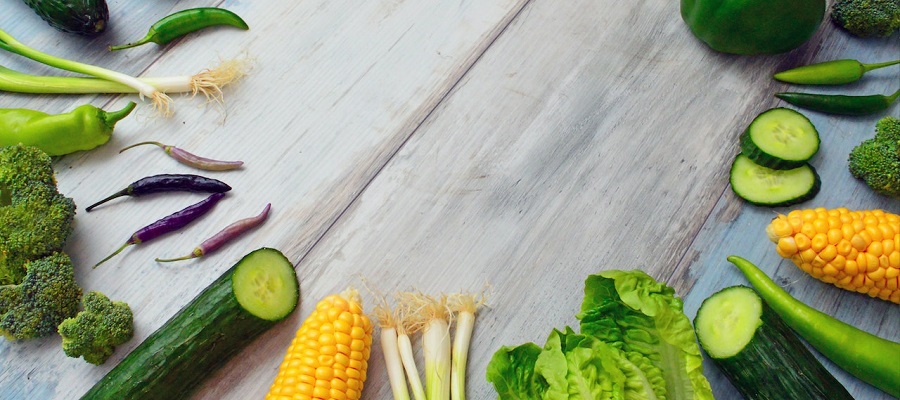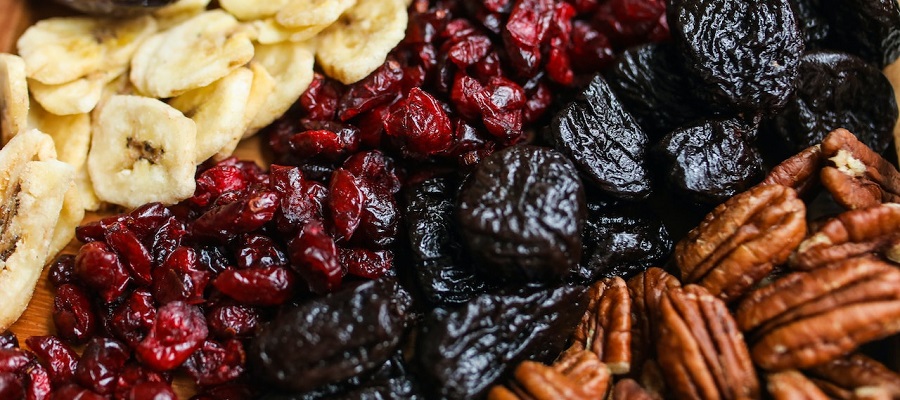Dehydrated vegetables are vegetables that have had most of their water content removed through a drying process. This can be done through various methods, such as air-drying, sun-drying, or using a food dehydrator. Dehydrating vegetables can help to preserve them for longer periods of time and make them easier to store and transport.
One of the main benefits of dehydrated vegetables is their long shelf life. They can be stored for several months or even years without spoiling, as long as they are kept in a cool, dry place. Dehydrated vegetables are also lightweight and take up less space than fresh or frozen vegetables, making them an excellent option for camping or backpacking trips.
To rehydrate dehydrated vegetables, simply soak them in water for a few hours or overnight until they regain their original texture and moisture content. You can also add them directly to soups, stews, or other dishes without rehydrating them first, although they will need to cook for longer to become tender.
Dehydrated vegetables can be a convenient and cost-effective option for those who want to have a supply of vegetables on hand but don't have the space or resources to store fresh or frozen vegetables. However, it's important to note that dehydrated vegetables may not have the same nutritional value as fresh vegetables, as some nutrients can be lost during the drying process. It's also important to choose high-quality, organically grown vegetables and avoid those that have been treated with pesticides or preservatives.
How is it dried?
There are several methods that can be used to dry vegetables, including air-drying, sun-drying, and using a food dehydrator.
Air-drying involves hanging vegetables in a well-ventilated area or on a drying rack for several days or weeks until they are fully dehydrated. This method works well for vegetables with thin skin or small size, such as tomatoes, peppers, or herbs. It is important to ensure that the vegetables are protected from dust, dirt, and pests while they are drying.
Sun-drying is similar to air-drying, but the vegetables are exposed to direct sunlight instead of being hung in a well-ventilated area. This method works best in sunny, dry climates and is typically used for vegetables with thick skin or a high moisture content, such as zucchini or eggplant.
Using a food dehydrator is another option for drying vegetables. A food dehydrator is an appliance that uses heat and airflow to remove moisture from food. To use a food dehydrator, simply slice the vegetables thinly and place them on the dehydrator trays. The dehydrator will circulate hot air around the vegetables, drying them out over the course of several hours. This method is efficient and allows for precise temperature control, but it requires the use of electricity.
Regardless of the method used, it is important to ensure that the vegetables are fully dehydrated before storing or using them. Vegetables that are not fully dehydrated can spoil or become moldy over time.
What brands sell these?
There are many brands that sell dehydrated vegetables, and they can be found in a variety of retail outlets, including supermarkets, health food stores, and online retailers. Some popular brands that sell dehydrated vegetables include:
-
Harmony House Foods: This brand offers a wide variety of dehydrated vegetables, including onions, bell peppers, tomatoes, and more.
-
Augason Farms: This brand is known for its high-quality dehydrated foods, including vegetables such as potatoes, carrots, and peas.
-
Mountain House: This brand specializes in dehydrated and freeze-dried meals and snacks, including a variety of dehydrated vegetables.
-
Sensible Foods: This brand offers a range of snack-sized bags of dehydrated vegetables, such as corn, peas, and green beans.
-
Valley Food Storage: This brand sells a range of dehydrated and freeze-dried foods, including vegetables such as carrots, onions, and bell peppers.
-
Backpacker's Pantry: This brand is known for its lightweight, easy-to-prepare meals and snacks for outdoor enthusiasts, including a variety of dehydrated vegetables.
There are many other brands that sell dehydrated vegetables as well, and it may be worth trying a few different brands to see which ones you like the best. It is important to choose high-quality, organically grown vegetables and avoid those that have been treated with pesticides or preservatives.
Why do I buy dried vegetables and is it harmful?
There are a few reasons why someone might choose to buy dehydrated vegetables:
-
Convenience: Dehydrated vegetables are easy to store and transport, and they have a long shelf life. They can be a convenient option for those who want to have a supply of vegetables on hand but don't have the space or resources to store fresh or frozen vegetables.
-
Cost: Dehydrated vegetables are often less expensive than fresh or frozen vegetables, especially when they are not in season.
-
Long-term storage: Dehydrated vegetables can be stored for several months or even years, making them an excellent option for those who want to have a supply of vegetables on hand in case of emergencies or natural disasters.
It is important to note that dehydrated vegetables may not have the same nutritional value as fresh vegetables, as some nutrients can be lost during the drying process. It is also important to choose high-quality, organically grown vegetables and avoid those that have been treated with pesticides or preservatives. However, in general, there is nothing inherently harmful about dehydrated vegetables as long as they are stored properly and consumed as part of a balanced diet.


